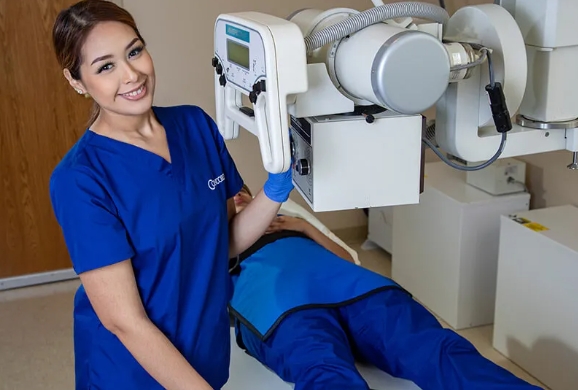Revolutionizing Healthcare: How Radiologic Technology is Saving Lives
Advancements in radiologic technology have transformed the way healthcare professionals diagnose and treat patients. From X-rays and CT scans to MRI and ultrasound, these imaging techniques provide critical information that is instrumental in saving lives.
Early Detection of Diseases
Radiologic technology has revolutionized the early detection of diseases such as cancer, heart disease, and strokes. Through imaging tests, healthcare professionals can identify abnormalities in the body before symptoms manifest, allowing for timely intervention and treatment.
Improved Treatment Planning
Radiologic technology plays a crucial role in treatment planning for patients with various medical conditions. By accurately visualizing internal structures and tissues, medical professionals can develop personalized treatment plans that are tailored to each patient’s specific needs.
Minimally Invasive Procedures
Many medical procedures have become less invasive thanks to radiologic technology. Techniques such as image-guided biopsies and minimally invasive surgeries utilize imaging modalities to precisely target diseased tissues, reducing pain, risk, and recovery time for patients.
Enhanced Surgical Precision
In surgical settings, radiologic technology enables healthcare professionals to perform complex procedures with greater precision and accuracy. Surgical navigation systems use real-time imaging to guide surgeons during operations, resulting in improved outcomes and reduced complications.
Monitoring Treatment Response
Radiologic imaging allows healthcare providers to monitor the effectiveness of treatments in real-time. By tracking changes in a patient’s condition over time, medical professionals can adjust treatment plans accordingly, ensuring optimal outcomes.
The Future of Radiologic Technology
As technology continues to advance, the field of radiologic technology is poised to revolutionize healthcare even further. Innovations such as 3D imaging, artificial intelligence, and molecular imaging offer new possibilities for diagnosing and treating a wide range of medical conditions.
In conclusion, radiologic technology has significantly impacted healthcare by saving lives through early detection, improved treatment planning, minimally invasive procedures, enhanced surgical precision, and monitoring treatment response. With ongoing advancements in the field, the future of healthcare looks brighter than ever.

